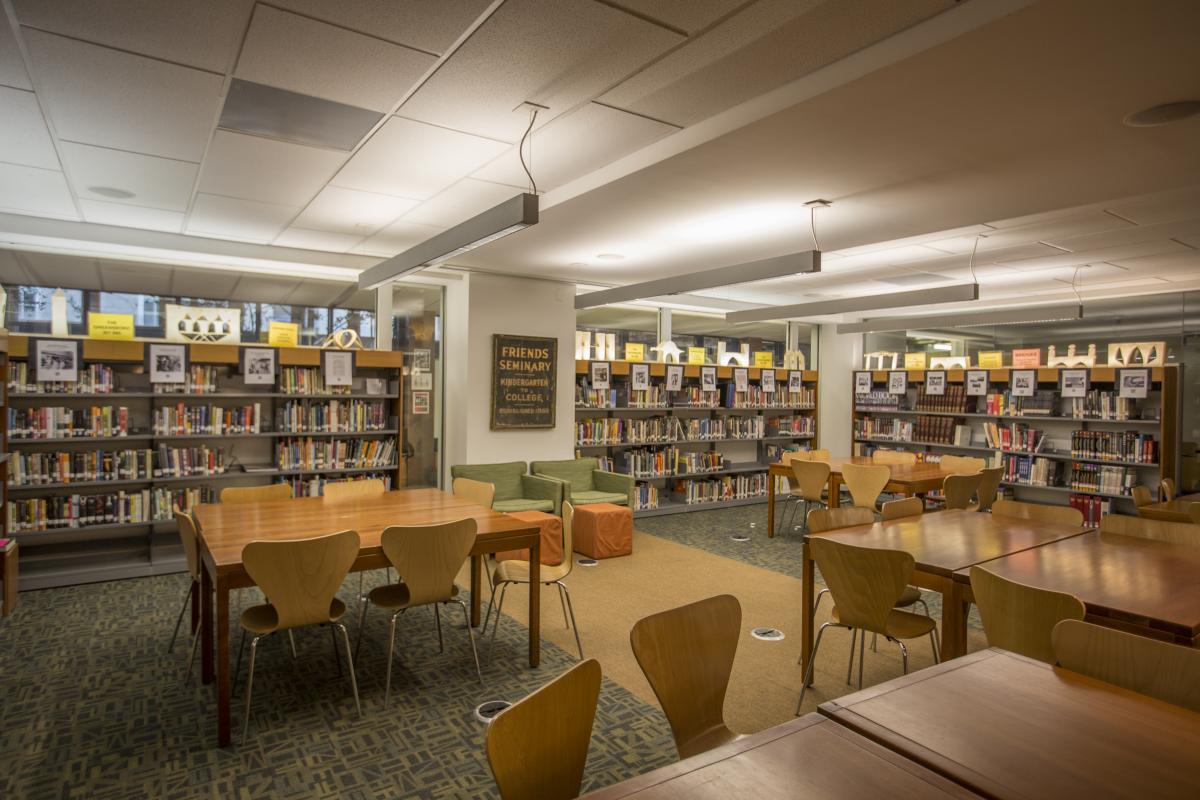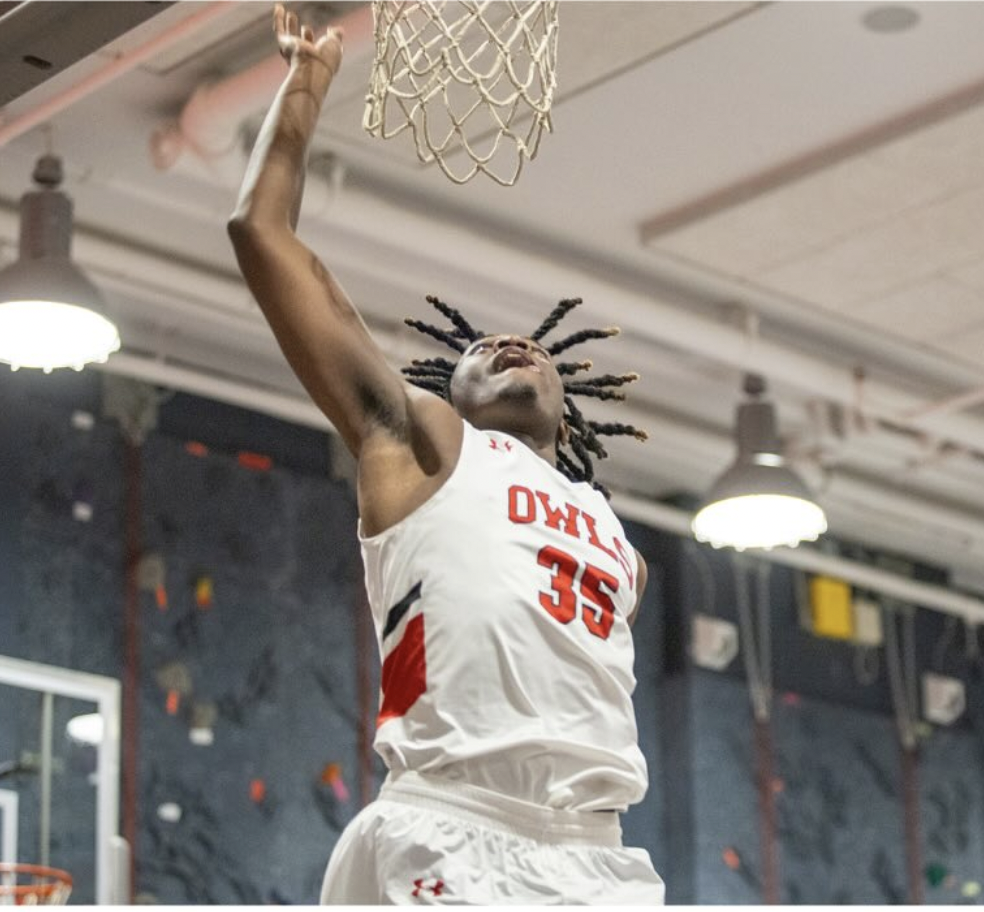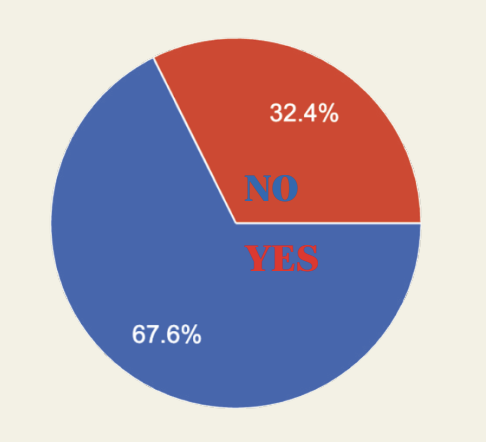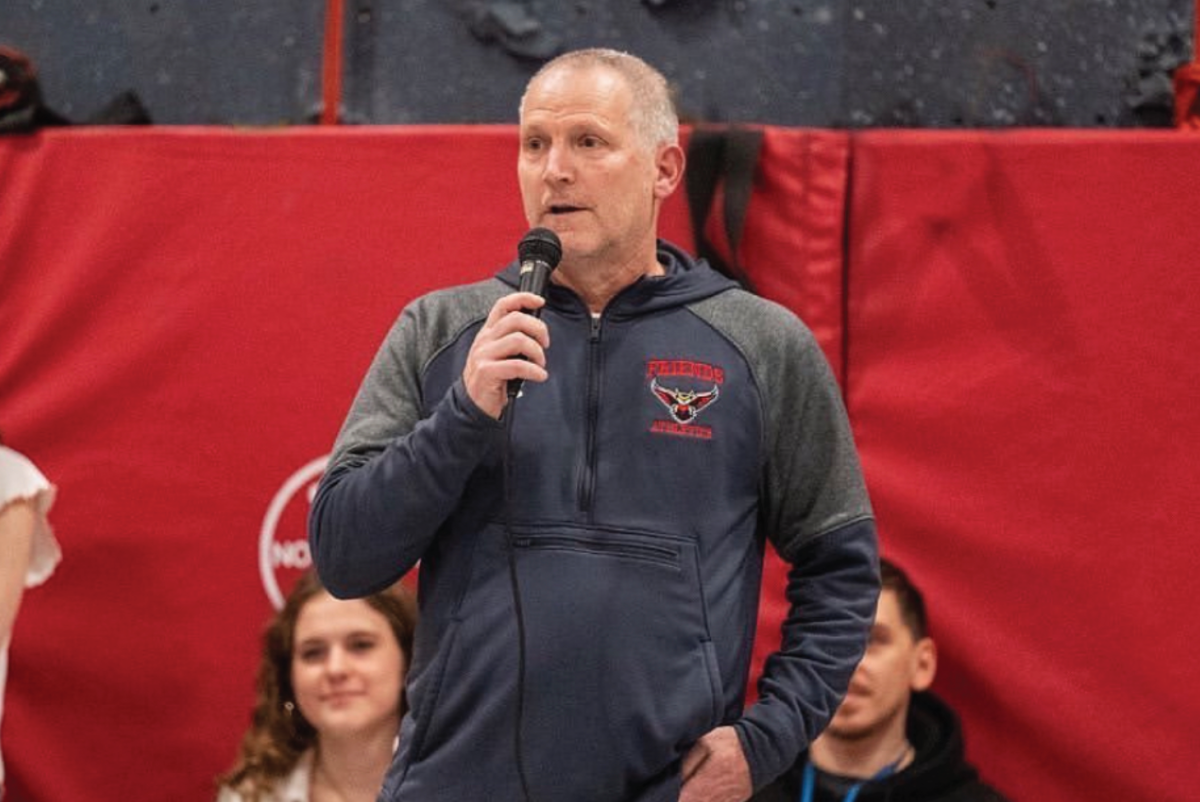As most people know by now, ChatGPT is an Artificial Intelligence (A.I.) writing assistant which quickly gained millions of users after its launch in November 2022. ChatGPT can help users with anything from writing an essay or poem to making a recipe with ingredients you have at home. The other day, I asked it to make a recipe with pasta, marshmallows, and onion and I hope to never try what it made for me! But no matter how fun playing around with ChatGPT may be, there are also serious concerns that the software could lead to cheating in a school setting.
The problems with ChatGPT in school are clear. The most blatant academic violation would be students copying and pasting an essay from ChatGPT, which would qualify as plagiarism. There are some programs online that can identify when AI was used to write something, but as ChatGPT evolves, the programs will likely become even less helpful. Additionally, students can plug a prompt into ChatGPT and rephrase the result a couple of times, making it difficult to tell if something was written by a student or by ChatGPT. Also of concern is the program’s ability to complete basic homework problems such as summarizing chapters in a book, doing math problems, or finding bugs in a code, as it may be less obvious that an AI has helped with these smaller assignments. So what do teachers think of this new presence in the classroom?
The school has not yet officially begun planning for how to respond to ChatGPT. Blair Parker, Head of the Upper School, stated that, “this needs to be in a clear part of our academic integrity policy. It might take a committee of people to look at.” Kate Olson, Upper and Middle School English Department Chair, said, “We believe in the Quaker process and we will sit down and talk about it in our next department meeting.” Future plans will most likely be put into place before the end of the school year when the department heads and Parker meet to create official guidelines and rules.
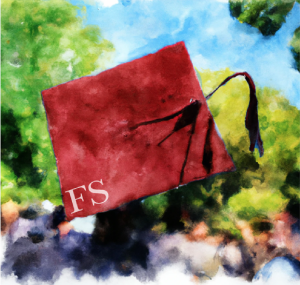
Teachers of course do not support students copying and pasting from ChatGPT, but Olson said that “The English department requires students to acknowledge all outside sources, but ChatGPT may require us to make more stringent and explicit rules.” Parker thinks regulating the use of ChatGPT will be largely up to the departments, predicting that teachers will be able to decide whether or not to allow students to use and acknowledge AI for smaller tasks like finding quotes in a book, as opposed to using to to write an entire essay.
Olson offered one solution, predicting that “a lot of analytic writing will have to move into class time.” There are obvious pros and cons to this. It would be extremely difficult to cheat during class, but usually if a teacher wants to assign a large writing assignment, 70 minutes of class time may not be enough time to complete it.
This is the first time AI has been so present and easily accessible in the classroom. As AI models advance and teachers begin to reassess their policies, who knows what school will look like in the coming years?

